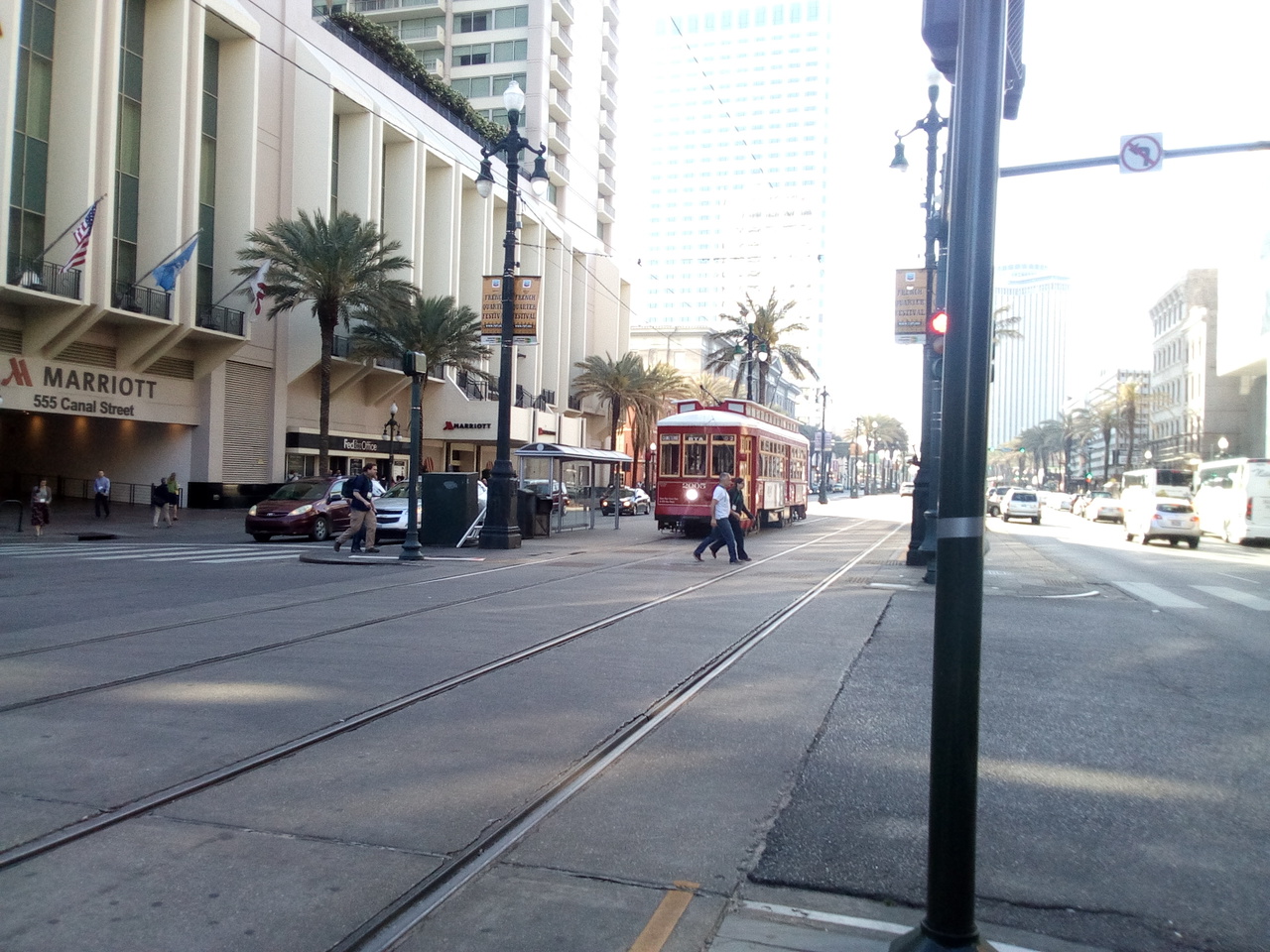 Another day in New Orleans at the Annual Conference of the Association of American Geographies. In my last blog, I raised the interesting question “What sort of policy is required for what sort of regional outcome?“. The answer to this question is difficult, but some of the discussions at this conference would suggest that any answer should address the following issues:
Another day in New Orleans at the Annual Conference of the Association of American Geographies. In my last blog, I raised the interesting question “What sort of policy is required for what sort of regional outcome?“. The answer to this question is difficult, but some of the discussions at this conference would suggest that any answer should address the following issues:
- As this is a conference of academics, there is a call for further micro case studies. There is a debate here amongst academics interested in developing a macro or more conceptual approach and those arguing for a more detailed firm, sector and regional research. We need both levels of analysis.
- A key issue involves the focus of analysis. Should the focus be on firms and employees? Or perhaps more on what is produced and sold and how it is sold? The latter is an important issue as the simple division of the economy between services and manufacturing has been challenged for many years. Thus, many service firms have become similar to manufacturing firms and many service firms more like manufacturing providers. I covered this debate, a few years ago, in my writings on manu-service economies and the rise of hybrid production systems (See references below). The key issue is that we need to focus more on how value is created through the creation of products – and products also include services.
- We do need to understand the ways in which economic processes are place-based and these place-based attachments result in different processes, practices and outcomes. Geography still matters. This highlights the need for locally sensitive policy development. The answer to the question posed in the title of this blog is that policy should be built up from the bottom to reflect the variety, diversity and difference that exists within a specific city-region. Consequently, policy development or facilitation in the West Midlands will be different to that required for Manchester or Leeds. It is also worth noting that within the West Midlands different policy interventions will be required to support the different types of local economy that exist across the region. The West Midlands is an economy of many economies.
- A key issue is the connectivity of a place or a city-region. Here the emphasis is on wires and cables and the Internet. Thus, who pays for investments in what the US now terms “intelligent infrastructure” rather than smart infrastructure. Successful places are the best-connected places, but connectivity comes at a cost. It is critical that the West Midlands invests in the intelligent infrastructure that will continue to transform economic activity.
- Data is everything in the new emerging economy. It is important that open access data platforms exist in the West Midlands that provide an opportunity for individuals to access data and to engage in open innovation that might lead to the emergence of new products, firms and even industries. This is all about the development platform-based economy.
- Economic activity and knowledge transfer is a ‘contact sport’. This means that online activity is important, but even more important are face-to-face encounters – meeting people and exchanging ideas. The importance of contact in knowledge exchange explains my presence in New Orleans. Some of the recent academic literature highlights the importance of “temporary clustering” in knowledge exchange. Temporary clusters are, for example, trade fairs, conferences – any event in which people come together to discuss and exchange ideas. Such events are one type of glue that binds regional and international economies together.
References:
Daniels, P.W. and Bryson, J.R. (2002) Manufacturing Services and Servicing Manufacturing: changing forms of production in advanced capitalist economies, Urban Studies, 39, 5-6: 977- 991
Bryson, J.R. (2009), Hybrid Manufacturing Systems and Hybrid Products: Services, Production and Industrialisation, University of Aachen: Aachen, Open access
Bryson, J.R. (2010), Service Innovation and Manufacturing Innovation: Bundling and Blending Services and Products in Hybrid Production Systems to Produce Hybrid Products, in Gallouj F. (Ed), Handbook on Innovation in Services, Edward Elgar: Cheltenham: 679-700
This blog was written by Professor John Bryson, City-REDI, Professor of Enterprise and Economic Geography, University of Birmingham.
Disclaimer:
The views expressed in this analysis post are those of the authors and not necessarily those of City-REDI or the University of Birmingham
To sign up for our blog mailing list, please click here.
